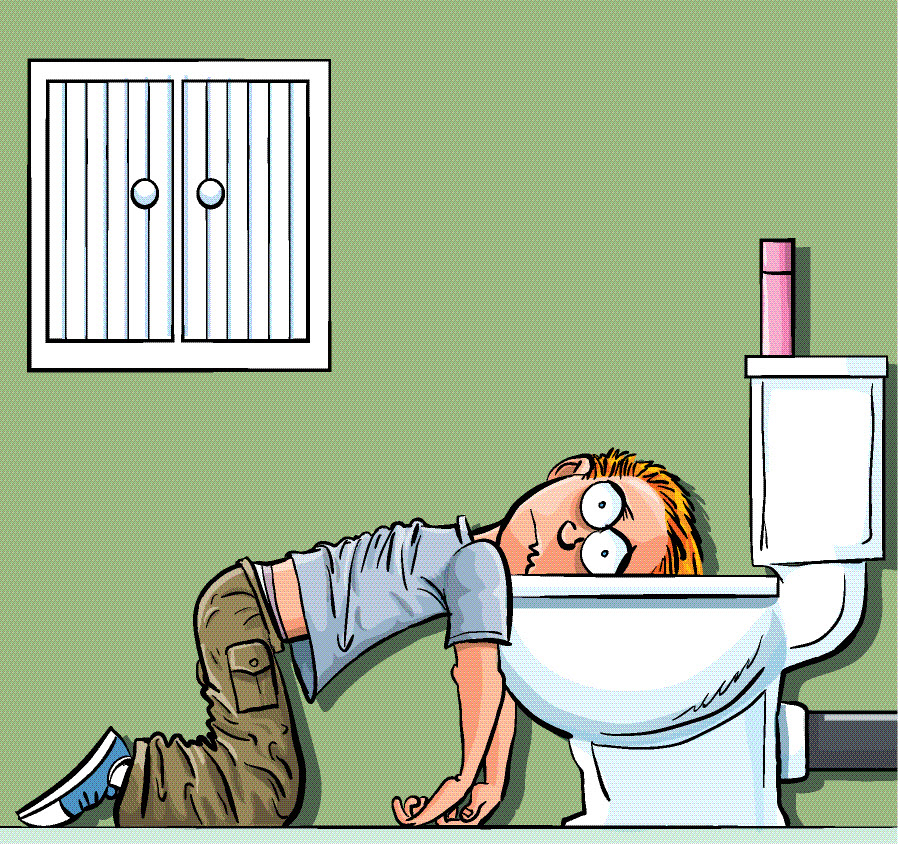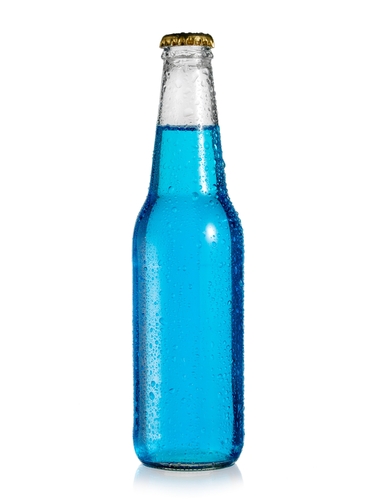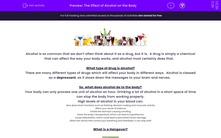
Alcohol is so common that we don’t often think about it as a drug, but it is. A drug is simply a chemical that can affect the way your body works, and alcohol most certainly does that.
What type of drug is alcohol?
There are many different types of drug which will affect your body in different ways. Alcohol is classed as a depressant, as it slows down the messages to your brain and nerves.
So, what does alcohol do to the body?
Your body can only process one unit of alcohol an hour. Drinking a lot of alcohol in a short space of time can stop the body from working properly.
High levels of alcohol in your blood can:
- Slow down brain functions such as thinking, decision making and muscular activity
- Affect your sense of balance
- Irritate the stomach, causing vomiting
- Lower the body’s temperature, which can lead to hypothermia
- Cause dehydration, which could lead to permanent brain damage
- Affect the nerves that control your breathing and heartbeat - it can stop both
What is a hangover?

Splitting headaches, sickness, dizziness, dehydration.... a hangover is the unpleasant experience the morning after the night before.
Many people experience a hangover if they have consumed too much alcohol, as it is a diuretic (meaning it removes fluids from the body). Drinking excessively can lead to dehydration, and most of the symptoms of a hangover are simply due to your body being dehydrated.
What are the long-term effects of alcohol?
The effects of a hangover are short-lived and usually only last for about a day. However, this does not mean that the alcohol has not affected the parts of your body that you can’t see.
The liver – drinking alcohol damages the liver and can lead to cirrhosis of the liver (permanent loss of liver function).
Brain development – the areas of the brain responsible for behaviour, emotions, reasoning and judgement are still developing throughout childhood and into the teenage years. Drinking during this time can have a long-term impact on memory, reactions and attention span.
Weight - alcohol can lead to weight gain due to the calorie content of commercial alcoholic drinks.
Fertility – it is recommended that alcohol is avoided if a couple are trying to conceive a baby.
Alcohol can also increase the risk of developing cancers such as liver, bowel, breast and mouth cancer.
Fact: Every year, alcohol causes around 4% of cancer cases in the UK, which is approximately 12,500 cases.
Safe alcohol levels
The level of alcohol in different drinks in measures in units:
 |
Pint of beer or lager = 2 units |
 |
Alcopop = 1 unit |
 |
One standard glass of wine = 2 units |
 |
Spirit (vodka, gin, whisky etc...) = 1 unit |
The liver breaks down alcohol in the body at a rate of one unit per hour. The government have set out guidelines for men and women indicating safe levels of alcohol consumption.
As binge drinking is increasingly becoming a problem in the UK, they recommend that men do not regularly exceed 3-4 units a day and that women do not regularly exceed 2-3 units a day.
We will now look at some questions based on how alcohol affects the human body.
You can look back at this page at any point by clicking on the red help button on the right of each question screen.








